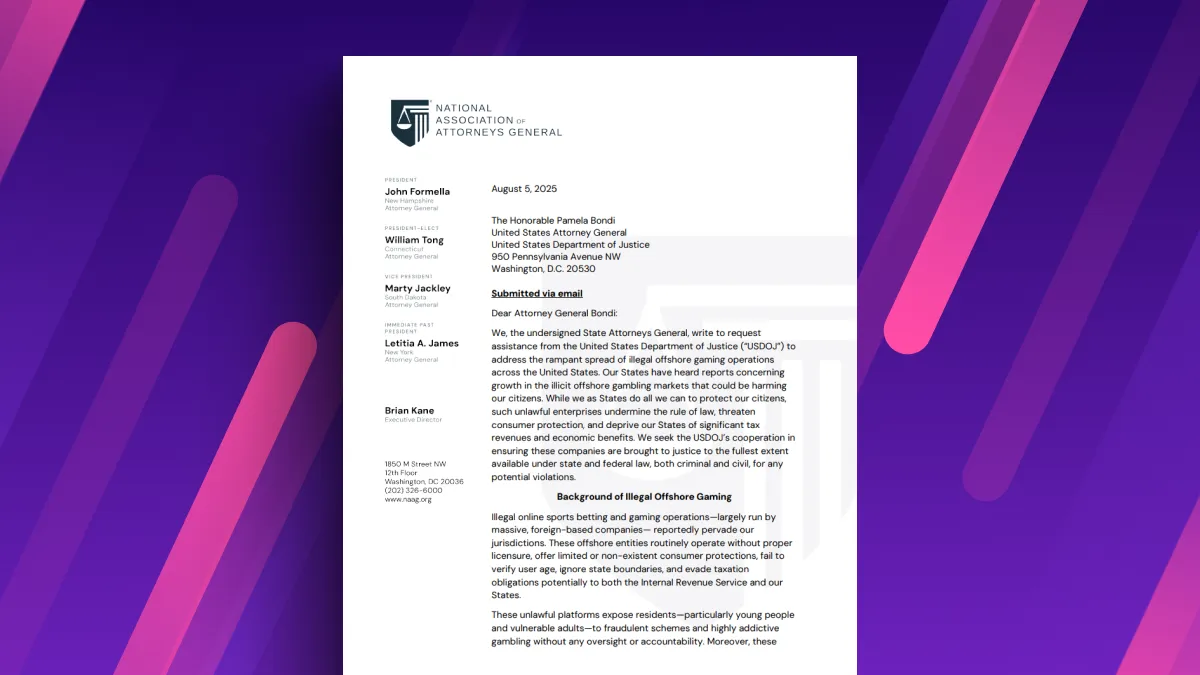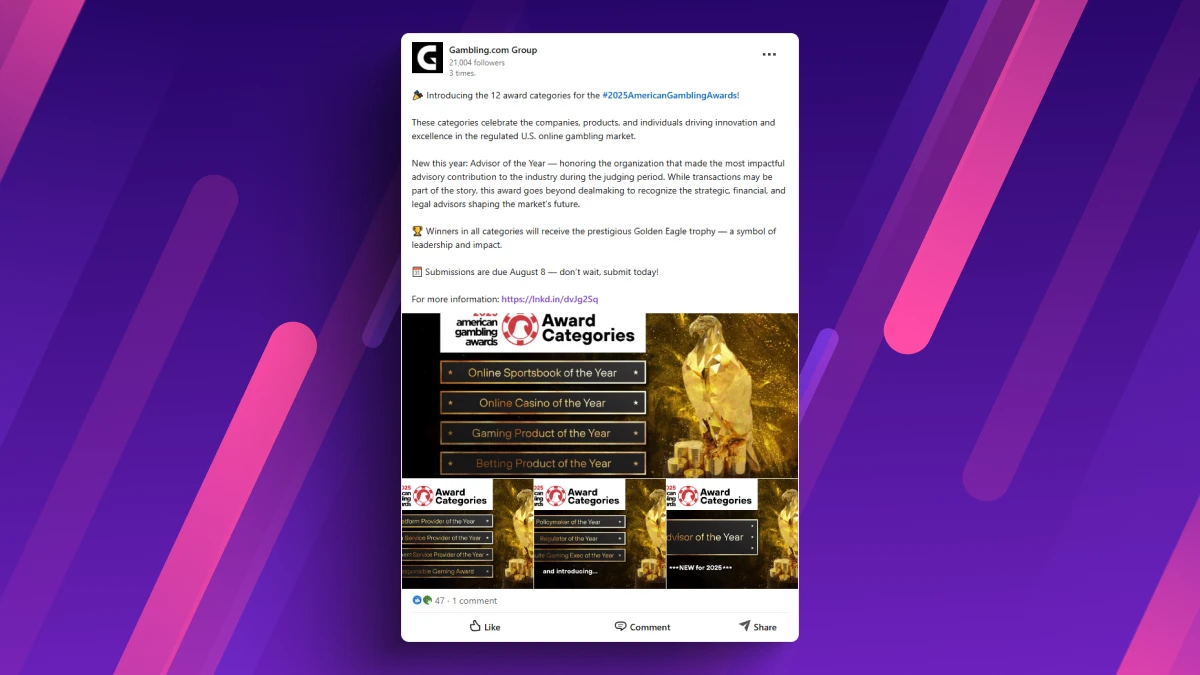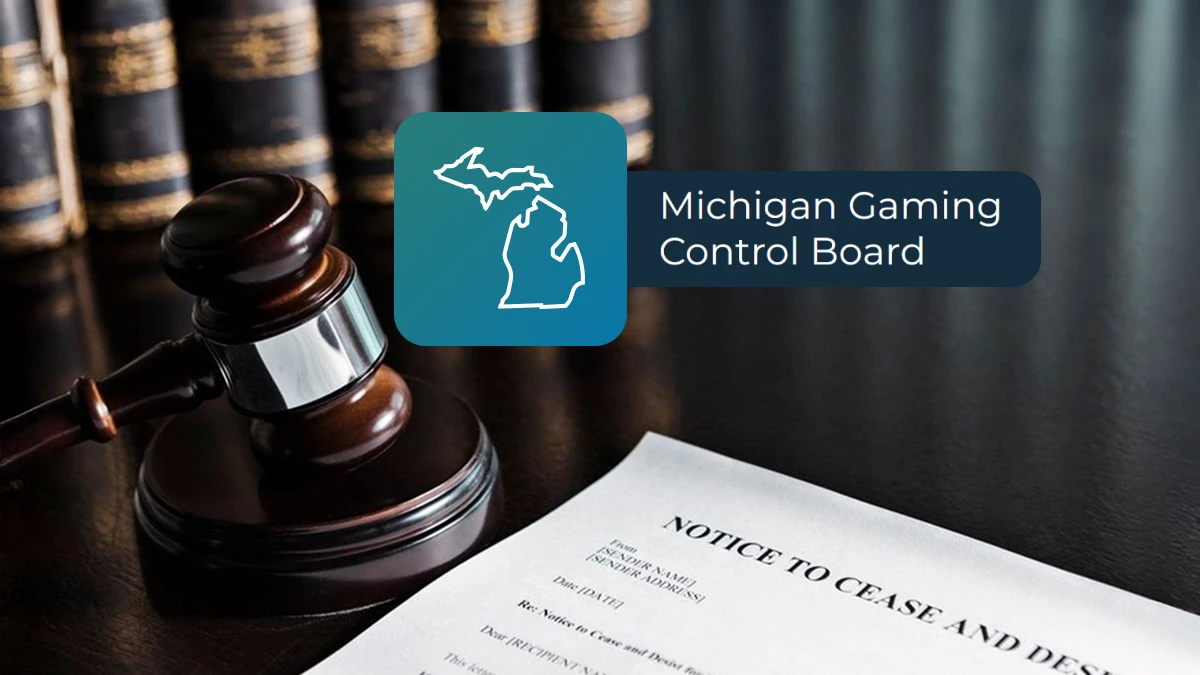Ohio Joins the Bandwagon of States Sending Cease & Desist Orders to Robinhood and Kalshi

1.0
Default
The state of Ohio has followed New Jersey and Nevada lead and sent out cease & desist letters to Robinhood and Kalshi, and along with this, it has told Crypto.com to stop its offers of sports betting through prediction markets as well.
The Ohio Casino Control Commission (OCCC) has issued cease-and-desist letters to Robinhood, Kalshi, and Crypto.com, accusing the platforms of illegally offering sports betting through prediction markets. This move aligns Ohio with other states, such as Nevada and New Jersey, that have taken similar actions against unauthorized sports betting operations.
The OCCC determined that the event contracts offered by these platforms qualify as sports gaming under Ohio law, requiring proper licensure. The cease-and-desist notices demand that all three companies stop offering or facilitating sports event contracts to Ohio residents by the 14th of April, 2025.
Regulatory crackdown on sports event contracts
The Ohio gaming regulator acted upon concerns that the platforms were offering a form of unregulated sports betting under the guise of prediction markets. Unlike traditional sportsbooks, prediction markets allow users to buy and sell event contracts based on the outcomes of sporting events, functioning similarly to placing a bet on a sportsbook.
OCCC Executive Director Matthew Schuler emphasized the need for consumer protections in sports gaming: "Purchasing a contract based on which team a person thinks will win a sporting event is no different than placing a bet through a traditional sportsbook. The only difference is that these event contracts do not have the consumer protections required under Ohio law and are accessible to Ohioans under 21 years of age. The Commission must take action to fulfill its statutory responsibilities and ensure the integrity of sports gaming in Ohio."
Kalshi's response: a defense of prediction markets
A spokesperson from Kalshi strongly defended the company's operations, arguing that the cease-and-desist order threatens innovation and challenges the authority of the Commodity Futures Trading Commission, which regulates event futures contracts.
"The threatened actions in Ohio seek to undermine not just Kalshi's contracts, but the authority granted by Congress to the Commodity Futures Trading Commission, which has safely and effectively governed commodities markets for decades. Prediction markets are a critical innovation of the 21st century, and like all innovations, they are initially misunderstood. We are proud to be the company that has pioneered this technology and stand ready to defend it once again in a court of law."
The firm contends that prediction markets are a novel financial instrument and should not be classified under traditional gambling laws.
Broader regulatory challenges
Ohio's move mirrors actions taken in Nevada and New Jersey against unlicensed sports betting platforms, but this is the first instance in which Crypto.com has been explicitly named in such an order. The inclusion of Crypto.com demonstrates regulators' growing scrutiny of cryptocurrency and fintech firms entering the sports betting market without the appropriate licenses.
The cease-and-desist orders require the platforms to provide written confirmation of compliance by April 14. Failure to adhere to the order could result in further regulatory actions, including financial penalties and potential legal proceedings.
Implications for the industry
This regulatory crackdown signals a warning to other firms operating in the intersection of finance and sports betting. The debate over prediction markets and their classification as financial instruments or gambling products is likely to continue, particularly as regulatory bodies tighten their oversight of emerging markets.
While companies like Kalshi argue that their operations fall under CFTC jurisdiction, state gaming regulators maintain that any activity resembling sports betting must comply with local gaming laws. The outcome of this dispute could set a precedent for how prediction markets are regulated in the future.
As Ohio joins other states in clamping down on unauthorized sports betting platforms, Kalshi, Robinhood, and Crypto.com face a critical decision: comply with state regulations or challenge the ruling in court. Given Kalshi's strong stance, legal battles may be on the horizon, potentially shaping the future of prediction markets in the US.




















